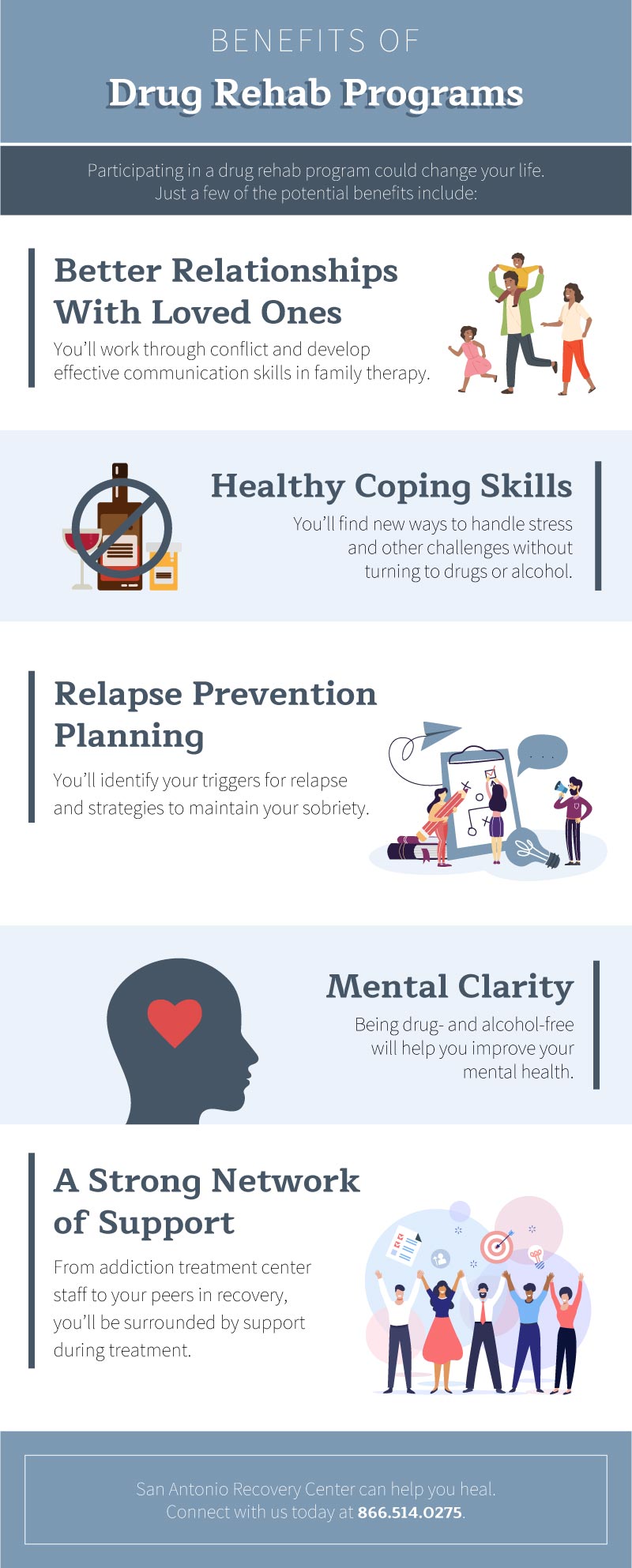Compassionate Care: Checking Out Addiction Treatment Centers Near You
Compassionate Care: Checking Out Addiction Treatment Centers Near You
Blog Article
Navigating the Journey of Detoxification in the Comprehensive Dependency Therapy Program
The process of detoxing holds a considerable duty in damaging the physical dependence on compounds and preparing the person for the subsequent stages of treatment. As individuals grapple with the challenges of withdrawal symptoms and the unpredictabilities that exist ahead, having a structured strategy and a robust support system in location ends up being extremely important.
Significance of Detoxification in Recovery

Cleansing establishes the structure for the remainder of the dependency therapy program by preparing the person for more treatment and therapy. By cleansing the body of materials that have been clouding judgment and influencing habits, detoxification enables individuals to approach their recovery with a clearer mind and more powerful emphasis.
In addition, cleansing aids in handling the possibly severe withdrawal symptoms that may occur when medicine or alcohol usage is stopped. Physician carefully keep track of clients throughout detox to guarantee their security and provide needed assistance. With this process, individuals can start their journey towards soberness with a maintained physical and psychological state, enhancing the possibility of a successful recuperation.
Recognizing the Detox Process
Detoxing, a basic element of addiction therapy programs, entails an organized process focused on securely getting rid of damaging compounds from the body to help with a successful recuperation trip. The detox procedure typically begins with an examination to examine the individual's compound use background, physical health, and mental wellness. This assessment assists health care experts determine the most proper detoxification strategy customized to the person's demands.
Throughout detoxification, the body goes through withdrawal as it adapts to the absence of the compound. Withdrawal symptoms differ depending on the sort of substance used, the period of usage, and private elements. Clinical guidance during detoxification is critical to handle withdrawal signs and symptoms and make certain the individual's safety and comfort.

Managing Withdrawal Signs

Medications may be made use of to reduce details withdrawal symptoms and minimize pain. For example, medicines like methadone or buprenorphine can aid handle opioid withdrawal signs and symptoms, while benzodiazepines may be used for alcohol withdrawal. It is important for doctor to meticulously keep track of the person's reaction to these medications to guarantee their safety and effectiveness.
Along with medicinal interventions, supportive treatments such as therapy, peer support system, and holistic practices like mindfulness meditation or yoga exercise can assist people deal with the emotional and emotional obstacles of withdrawal. By resolving withdrawal signs and symptoms adequately, healthcare carriers can enhance the detoxification experience and support individuals on their journey to recovery.

Assistance Systems During Detoxification
Assistance systems play an important function in giving emotional and social help to people undergoing cleansing in dependency treatment programs. Throughout the detoxification process, people frequently experience a variety of mental and physical withdrawal symptoms, making this stage difficult - Addiction Treatment Center. Having a strong support group in place can dramatically affect the person's capacity to browse via detox efficiently
Relative, pals, support system, and medical care professionals are essential components of the support group. Family friends and members can provide encouragement, understanding, and a sense of belonging throughout this tough time. Support system provide a system for people to get in touch with others who are experiencing similar experiences, supplying a feeling of neighborhood and shared understanding. Health care professionals, consisting of medical professionals, therapists, and counselors, play a crucial function in monitoring the individual's progress, giving medical assistance, and providing guidance throughout the detoxification procedure.
Looking Ahead: Life After Detox
Having actually effectively completed check it out the detoxification stage, people in dependency treatment programs now concentrate on planning for the difficulties and possibilities that exist in advance in their journey towards healing. Life after detox notes a vital transition duration where individuals need to remain to build on the progress made throughout detoxification to preserve their sobriety. It is vital for individuals to recognize that the trip towards recuperation is recurring and needs commitment, commitment, and a willingness to welcome change.
One trick facet of life after detox is the growth of dealing systems to manage triggers and yearnings that may arise. This might involve finding out new skills, such as mindfulness practices, cognitive-behavioral methods, and stress and anxiety administration techniques, to browse tough circumstances without turning to substance usage. Furthermore, individuals are encouraged to proactively participate in ongoing treatment, assistance teams, and aftercare programs to reinforce their support network and get guidance as they navigate the complexities of life post-detox.
Final Thought
Understanding the detoxification process and managing withdrawal signs and symptoms are necessary steps towards recuperation. It is essential to identify the importance of detoxification in the process of getting rid of dependency and moving in the direction of a life of soberness.
Medical guidance during detox is critical to handle withdrawal signs and symptoms and guarantee the person's security and comfort.
By recognizing the detoxification link process and its value in breaking the cycle of dependency, individuals can get started on a path in the direction of lasting recovery.
Throughout the detoxification process, people usually experience a variety of mental and physical withdrawal symptoms, making this stage challenging. Healthcare experts, consisting of doctors, counselors, and therapists, play a crucial role in keeping an eye on the person's progression, providing medical support, and providing support throughout the detoxification procedure.
Life after detoxification notes a critical change duration where individuals should continue to develop on the development made throughout detoxification to preserve their sobriety.
Report this page